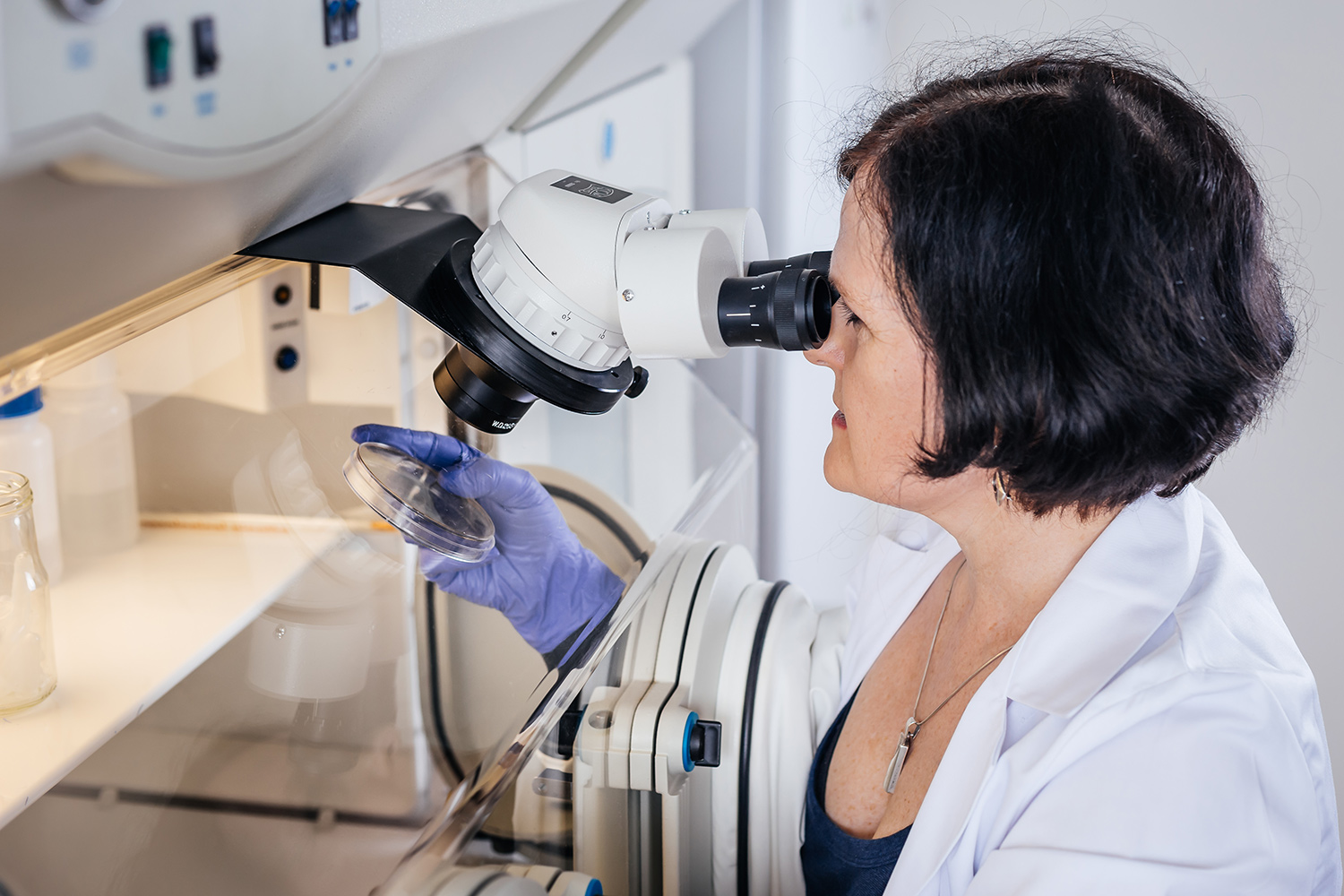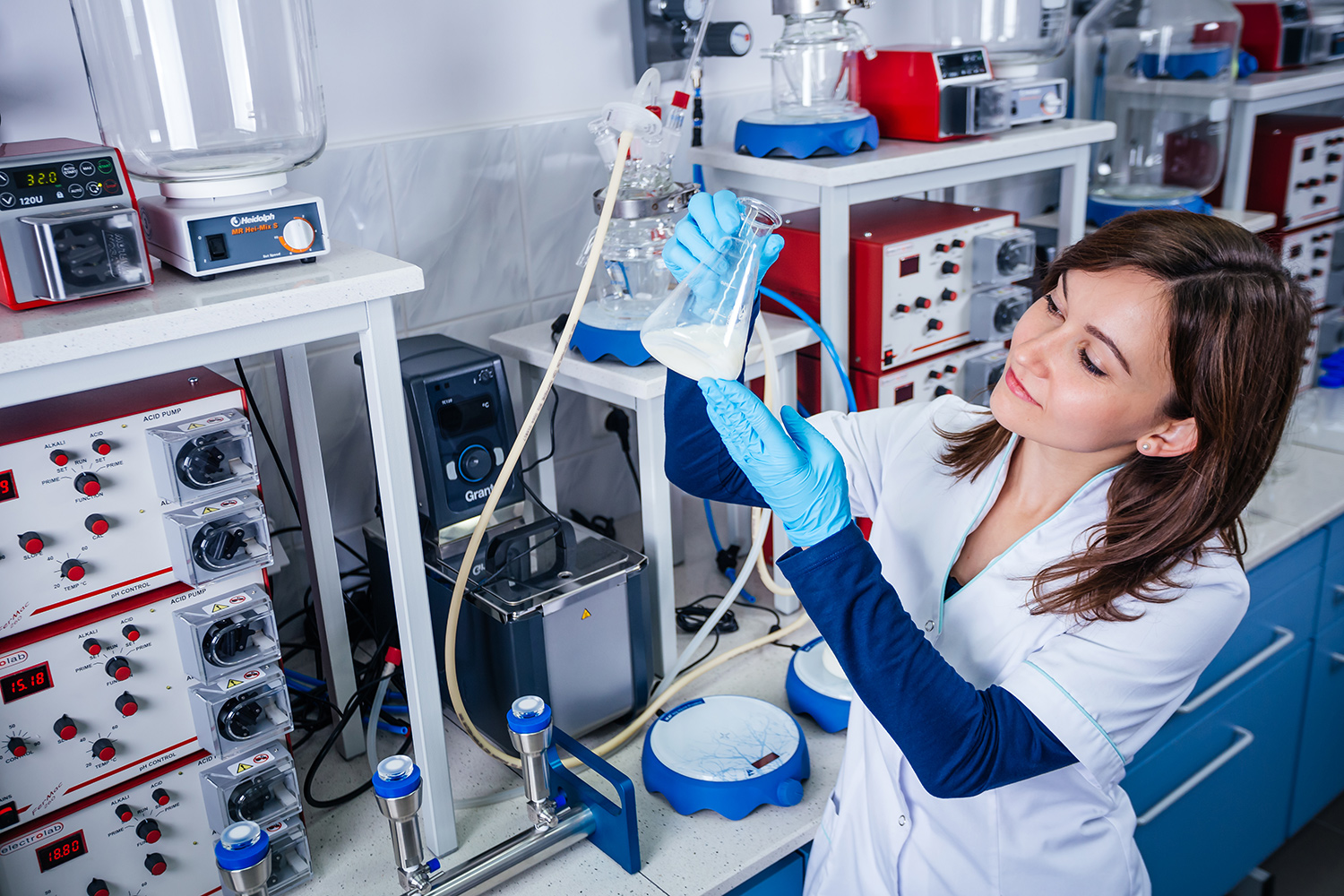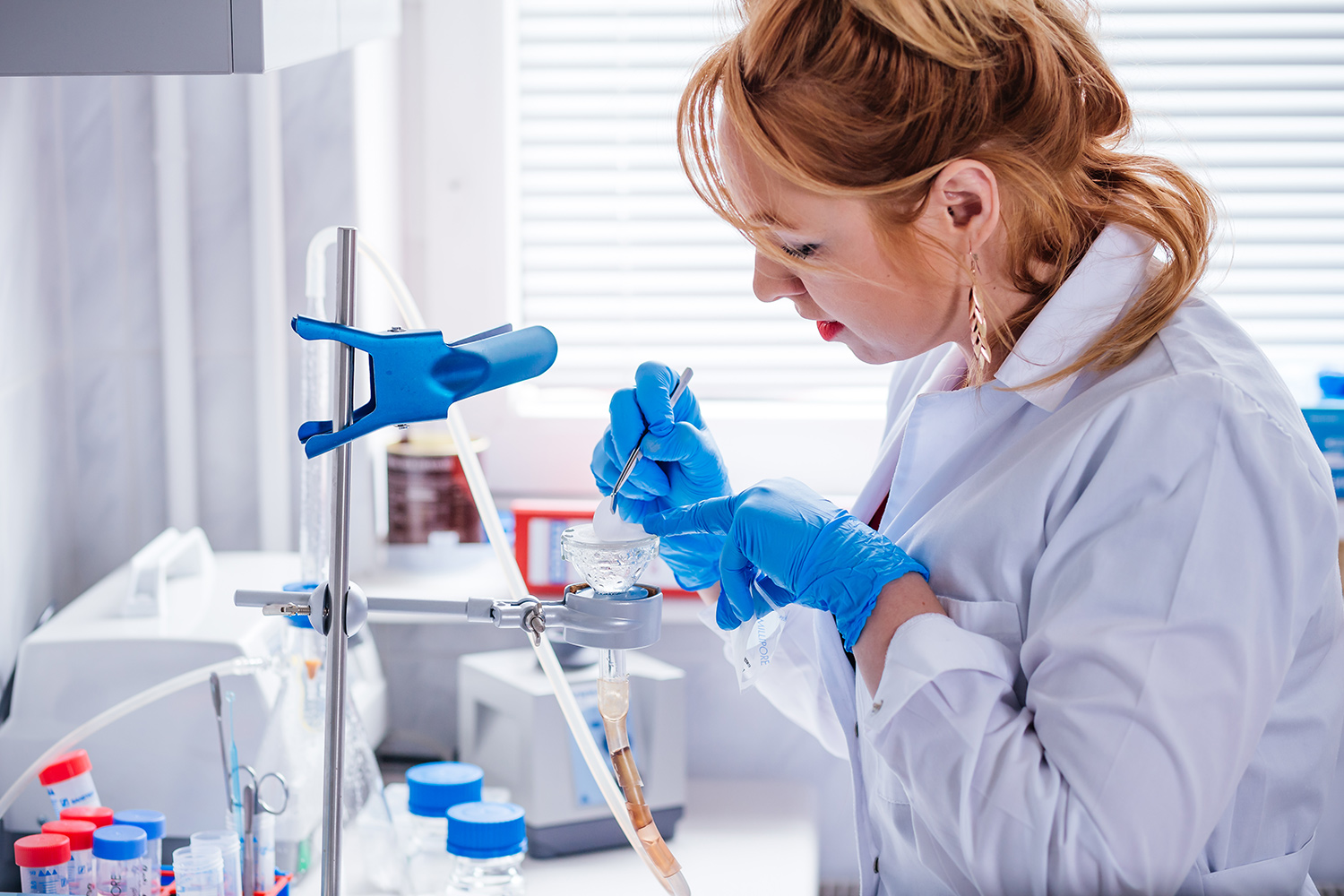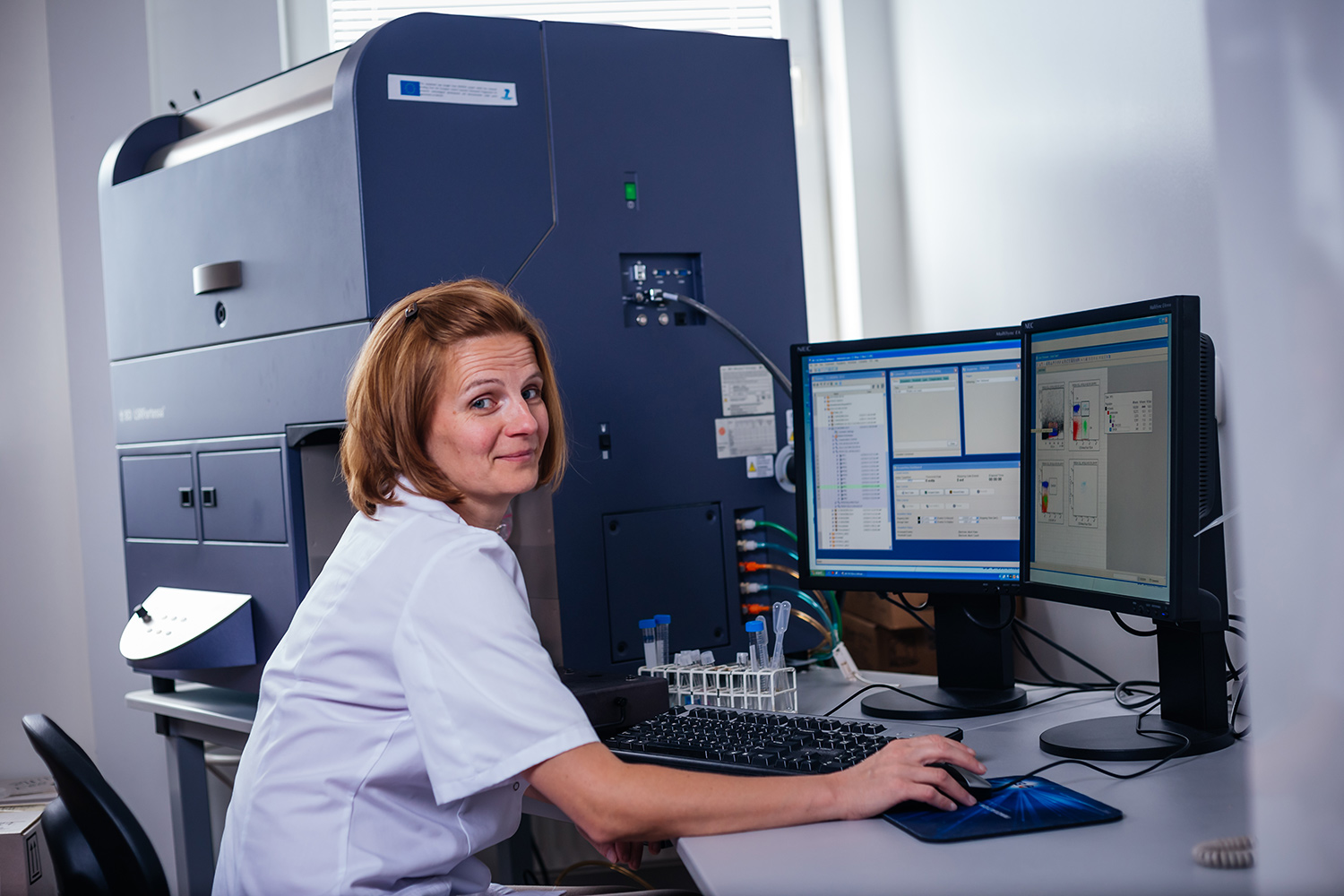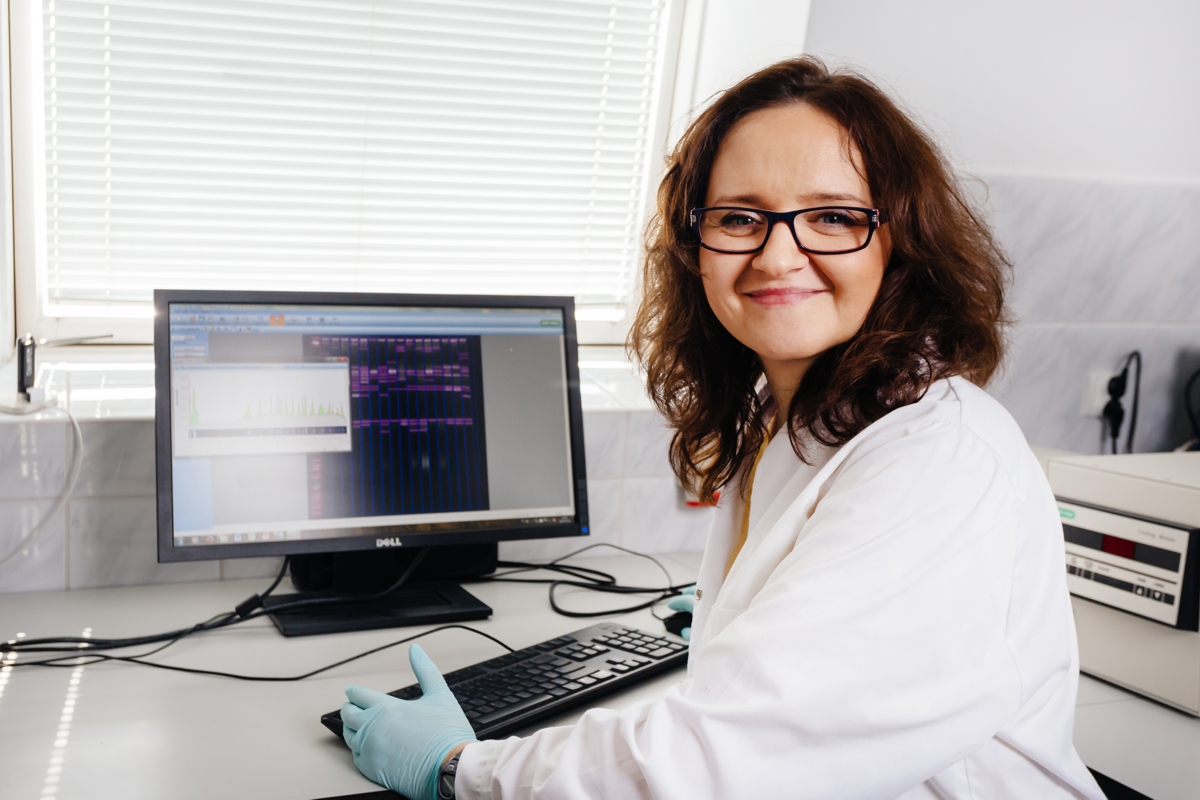- The development of innovative dairy products with unique recipes.
- The confirmation of the hypothesis about the immunogenicity of microbial proteins isolated from commensal, probiotic and technologically applied Lactobacillus strains.
- The confirmation of the hypothesis about the differentiating potential of the digestion process on the profile and immunogenicity of expressed microbial proteins in the context of their sensitizing potential.
- The differentiating effect of lipid composition as an additive to the matrix used for the cultivation of lactic acid bacteria strains on the profile and immunogenicity of microbial proteins in the context of their sensitizing potential has been proven.
- The need to introduce a new indicator of food safety, based on microbial proteins immunoreactivity testing, was indicated.
- It has been shown that human sera from people sensitized to cows’ milk proteins can react with milk proteins mare at the level of IgE and IgG antibodies, which does not exclude the possibility of cross-reactions.
- It has been shown that cross-linking of milk proteins with microbial transglutaminase resulted in a reduction β-lactoglobulin immunoreactivity and increased α-casein immunoreactivity with mice sera.
- It has been selected a bacterial strain (L. acidophilus ACD-1), which has a significant ability to reduce the reactivity of mare’s milk proteins with IgE antibodies derived from the serum of patients allergic to cow’s milk proteins
- It was found that mare’s milk fermented with bacterial strain L. plantarum 110 caused the low IgG reaction with sera from patients with cow’s milk protein allergy.
- Phytic acid in the presence of butyric acid (a metabolite of intestinal bacteria) stimulates the processes of cell death of cancer colonocytes, while in healthy colonocytes it initiates regeneration pathways.
- Phytic acid hydrolysate reduces the excessive pro-inflammatory reaction of cancer colonocytes to intestinal bacteria while remaining neutral for the immune response of healthy colonocytes.
- Increased immunoreactivity of thermalized milk proteins beta-lactoglobulin and alpha-lactalbumin has been demonstrated.
- Glycation of ovalbumin and beta-lactalbumin modulates the T-lymphocyte profile.
- Selected probiotic preparations reduce the humoral response to cow’s milk beta-lactoglobulin and modulate the profile of immunocompetent cells.
- The therapeutic effect of S. thermophilus strain MK-10 and L. bulgaricus 151 on intestinal inflammation induced in a mouse model was demonstrated by affecting the intestinal microbiota and modulating the T-cell profile.

